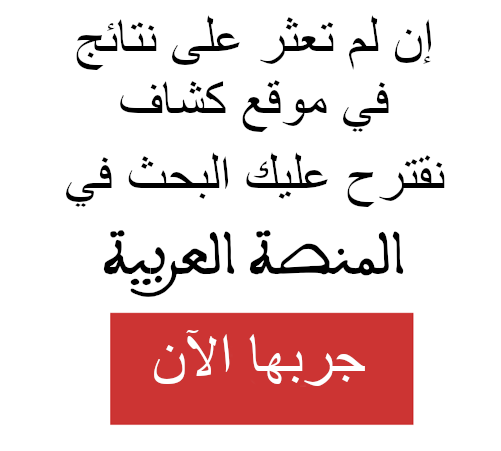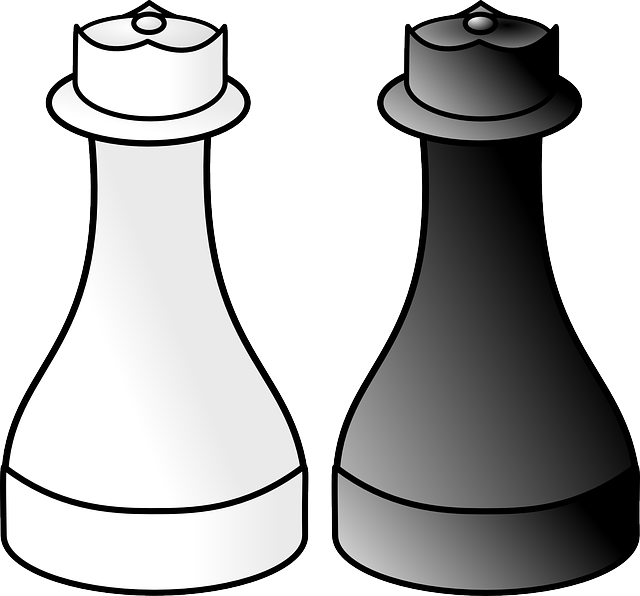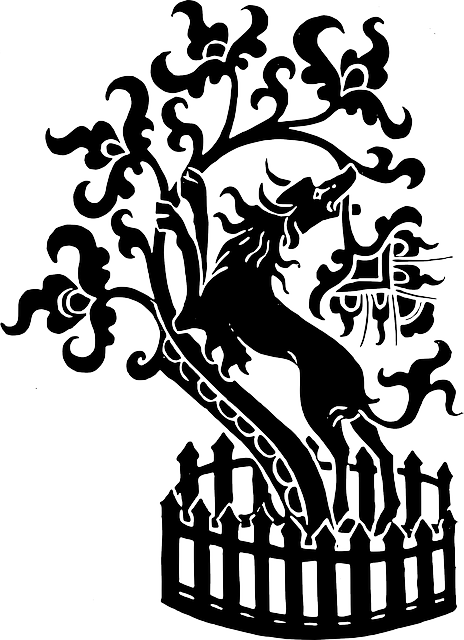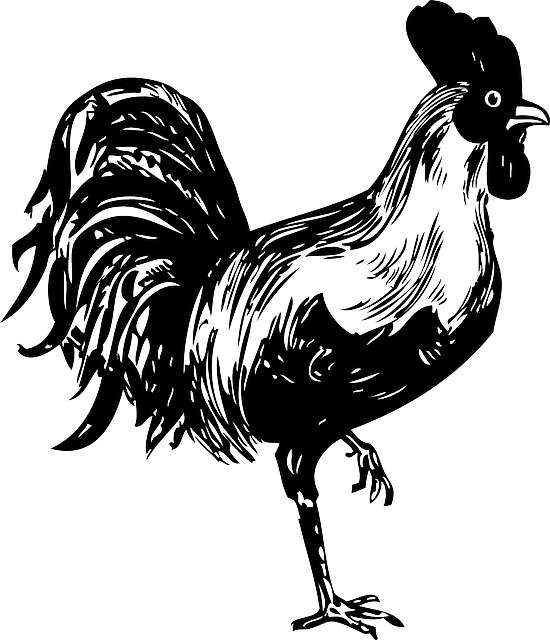يسون تيمور (أسرة يوان)
| Yesün Temür Khan الامبراطور تايدينگ من يوان | |
|---|---|
|
10th Khagan of the Mongol Empire (Nominal due to the empire's division) 6th Emperor of the Yuan Dynasty Emperor of China
| |
| A modern portrait of Yesün Temür Khan (الامبراطور تايدينگ) | |
| Emperor of the Yuan Dynasty | |
| الحكم | October 4, 1323 – August 15, 1328 |
| التتويج | October 4, 1323 |
| سبقه | Gegeen Khan Shidebala |
| تبعه | Ragibagh Khan |
| Consort | Babukhan Khatun |
| الاسم الكامل | |
| Mongolian: ᠶᠡᠰᠦᠨ ᠲᠡᠮᠦᠷ Chinese: 也孫鐵木兒 Yesün Temür Khan | |
| العهد ومدته | |
| تايدينگ (泰定) 1324–1328 Zhihe (致和) 1328 | |
| البيت الملكي | Borjigin |
| الأسرة المالكة | Yuan |
| الأب | Gammala |
| الأم | Buyan Kelmish of the Khunggirat |
| وُلِد | November 28, 1293 |
| توفي | أغسطس 15, 1328 (عن عمر 34 عاماً) Shangdu |
يسون تيمور (بالمنغولية: Есөн Төмөр؛ اسم المعبد الصيني: تايدينگدي؛ بالصينية: 元泰定帝؛ Yesün Temür؛ 28 نوفمبر 1293 – 15 أغسطس 1328) كان a great-grandson of Kublai Khan and ruled as emperor of the Yuan dynasty from 1323 to 1328. Apart from Emperor of China, he is regarded as the 10th Khagan of the Mongol Empire or Mongols, although it was only nominal due to the division of the empire. In Chinese, Yesün Temür Khan, who was very fond of the traditional ways of the Mongols, is known as the الامبراطور تايدينگ (بالصينية: 泰定帝) from his era's name. His name means "nine iron Khan" in the Mongolian language.
He was probably the emperor visited by the Franciscan monk Odoric, who left an excellent record of his travels.
Early life
Yesün Temür was born in Mongolia in 1293 to Gammala, a son of Zhenjin, who was presumed heir to his father Kublai Khan. Gammala was appointed as Jinong (jinwang, 晉王) in 1292 after Zhenjin's death, but he lost the race for successor to his younger brother Temür. Khanship was assumed by Temür, Darmabala, and their sons and grandson, so Gammala and his son Yesün Temür were out of the race. As Jinong, Gammala owned Mongolia north of the Gobi Desert and enshrined Genghis Khan in the Four Great Ordo. In 1302 Gammala died and Yesün Temür took over as Jinong.
During the reigns of Kulug Khan, Ayurbarwada, and Gegeen Khan, Yesün Temür, who had a large fief and powerful army in Mongolia, became one of the princes most respected by the court and emerged as the undisputed leader of the princes in the steppe.
Accession
In 1323 when Shidebala Gegeen Khan (Emperor Yingzong) was assassinated by Grand Censor Tegshi and Esen Temur, the rebellious group welcomed Yesün Temür since his mother was Buyan Kelmish of the Khunggirad clan. According to the official history of the Yuan, Yesün Temür caused Tegshi's envoy Walus to be seized and sent notice of the plot to Shidebala Khan, but the messengers arrived too late.
Yesün Temür was not merely the principal beneficiary of the conspiracy but was also very likely a participant. It is said that his administrator Dawlat Shah had established close contact with the conspirators. After receiving the imperial seal sent by the conspirators, he ascended to the throne on the bank of the Kherlen River in Mongolia on October 4, 1323. Esen Temur was made the grand councilor of the right, and Tegshi the manager of the Bureau of Military Affairs. Upon learning that he would incur suspicion as a party to the murders, he suddenly reversed his policy and ordered Tegshi, Esen Temur, and others to be put to death. Under the leadership of Chang Kuei, the late Khagan's officials sent a letter to Yesün Temür urging him to accept the throne and to punish the conspirators. He sent troops to Dadu and Shangdu and had rebellious officers executed before he entered Dadu because he feared becoming their puppet. The five princes who had been involved were exiled to Yunnan, Hainan, and other distant places.
Chinese officials repeatedly urged Yesün Temür to extend the purge to all former allies of Temuder and Tegshi and their families, but Yesün Temür Khan refused. He issued an amnesty decree, and the confiscated properties of the executed conspirators were returned to their families.
الادارة
| "The Empire is a family of which the Emperor is the father." |
| Yesün Temür Khan, c. 1324, The History of the Yuan |
As a ruler who had seized the throne by intrigue and violence, Yesün Temür tried to win the widest possible support. To secure support as Emperor of China from the Chinese populance, he duly showed his respect for the Confucian tradition from the beginning of his reign. Nevertheless, Muslim and Mongol officials from the steppe (who came with him from Mongolia) constituted the majority of posts in the Yuan government during this period. Kumeijil and Tas Temur served as grand councillars of the right; Dawlat Shah served as the manager of the governmental affairs of the Central Secretariat (中書省), then as censor in chief, and finally as grand councillar of the left; and Andachu, the manager of the Bureau of Military Affairs.
In addition to Dawlat Shah, there were two Muslims, Ubaidullah and Bayanchar, who served as managers of governmental affairs in the Secretariat. Mahumud Shah and Hasan Khoja managed the Bureau of Military Affairs. In contrast with the Muslims, Chinese officials exerted little influence on the administration. The high point of the Mongol partner-merchants' operations came under Yesün Temür, whose administration exempted Christians and Muslims from any corvee payments and guaranteed huge payments promised by the Mongolian nobility in return for luxury goods (тансаг).
Yesün Temür Khan denounced the extravagance of the court in buying costly precious stones, imported by foreign merchants, and sold for ten times their value, while the poor were starving. In 1326, Ozbeg Khan of the Golden Horde sent cheetahs to Yesün Temür Khan who responded with grants of gold, silver, cash, and silks.
During his reign Yesün Temür Khan divided the empire into eighteen departments controlled by a board called "the Lords of the Provinces"; it had formerly been divided into twelve units. Reports were presented on the condition of the Yuan provinces were full of complaints about the Lamas who, armed with their golden seals, rode about the province making exaction and treating the people in a shameful way. They put up at private houses, drove out their masters, debauched their wives, and did pretty much as they wished. The fear of offending the Mongols and the Lamas prevented the Khan from doing anything effectual at first. Finally, he forbade the Lamas to enter China. Besides Buddhism, Yesün Temür Khan neglected the ancient worship of the sky of the Mongols.
Yesün Temür left the empire's governance to his Muslim aide Dawlat Shah and Khatun Babukhan when he suddenly died in Shangdu on August 15, 1328. His son Ragibagh was installed by Dawlat Shah, but he was defeated by his rival Tugh Temür three months later during the War of the Two Capitals.
السلف
| سلف يسون تيمور (أسرة يوان) | ||||||||||||||||||||||||||||||||||||||||||||||||||||||||||||||||||||||||||||||||||||||||||||||||||||||||||||||||||||||||||||||||||||||||||||||||||||||||||||||||||||||||||||||||||||||||||||||||||||||||||||||||||||||||||||||||||||||||||||||||||||||||||||||||||||||||||||||||||||||||||||||||||||||||||||||||||||||||||||||||||||||||||||||||||||||||||||||||||||||||||||||||||||||||||||||||||||||||||||||||||||||||||||||||||||||||||||||||||||||||||||||||||||||||||||||||||||||||||||||||||||||||||||||||||||||||||||||||||
|---|---|---|---|---|---|---|---|---|---|---|---|---|---|---|---|---|---|---|---|---|---|---|---|---|---|---|---|---|---|---|---|---|---|---|---|---|---|---|---|---|---|---|---|---|---|---|---|---|---|---|---|---|---|---|---|---|---|---|---|---|---|---|---|---|---|---|---|---|---|---|---|---|---|---|---|---|---|---|---|---|---|---|---|---|---|---|---|---|---|---|---|---|---|---|---|---|---|---|---|---|---|---|---|---|---|---|---|---|---|---|---|---|---|---|---|---|---|---|---|---|---|---|---|---|---|---|---|---|---|---|---|---|---|---|---|---|---|---|---|---|---|---|---|---|---|---|---|---|---|---|---|---|---|---|---|---|---|---|---|---|---|---|---|---|---|---|---|---|---|---|---|---|---|---|---|---|---|---|---|---|---|---|---|---|---|---|---|---|---|---|---|---|---|---|---|---|---|---|---|---|---|---|---|---|---|---|---|---|---|---|---|---|---|---|---|---|---|---|---|---|---|---|---|---|---|---|---|---|---|---|---|---|---|---|---|---|---|---|---|---|---|---|---|---|---|---|---|---|---|---|---|---|---|---|---|---|---|---|---|---|---|---|---|---|---|---|---|---|---|---|---|---|---|---|---|---|---|---|---|---|---|---|---|---|---|---|---|---|---|---|---|---|---|---|---|---|---|---|---|---|---|---|---|---|---|---|---|---|---|---|---|---|---|---|---|---|---|---|---|---|---|---|---|---|---|---|---|---|---|---|---|---|---|---|---|---|---|---|---|---|---|---|---|---|---|---|---|---|---|---|---|---|---|---|---|---|---|---|---|---|---|---|---|---|---|---|---|---|---|---|---|---|---|---|---|---|---|---|---|---|---|---|---|---|---|---|---|---|---|---|---|---|---|---|---|---|---|---|---|---|---|---|---|---|---|---|---|---|---|---|---|---|---|---|---|---|---|---|---|---|---|---|---|---|---|---|---|---|---|---|---|---|---|---|---|---|---|---|---|---|---|---|---|---|---|---|---|---|---|---|---|---|---|---|---|---|---|---|---|---|---|---|---|---|---|---|---|---|---|---|---|---|---|---|---|---|---|---|---|---|---|---|---|---|---|---|---|---|---|---|---|---|---|---|---|---|---|---|---|---|---|---|---|---|---|---|---|---|---|---|---|---|---|---|
| ||||||||||||||||||||||||||||||||||||||||||||||||||||||||||||||||||||||||||||||||||||||||||||||||||||||||||||||||||||||||||||||||||||||||||||||||||||||||||||||||||||||||||||||||||||||||||||||||||||||||||||||||||||||||||||||||||||||||||||||||||||||||||||||||||||||||||||||||||||||||||||||||||||||||||||||||||||||||||||||||||||||||||||||||||||||||||||||||||||||||||||||||||||||||||||||||||||||||||||||||||||||||||||||||||||||||||||||||||||||||||||||||||||||||||||||||||||||||||||||||||||||||||||||||||||||||||||||||||
انظر أيضاً
- List of emperors of the Yuan dynasty
- List of Mongol rulers
- List of rulers of China
الهامش
- ^ B. Shirėndėv, Sh Luvsanvandan, A. Luvsandėndėv – Olon Ulsyn Mongolch Ėrdėmtniĭ III Ikh Khural, p.347
- ^ Herbert Franke, Denis Twitchett, John King Fairbank-The Cambridge History of China: Alien regimes and border states, 907–1368, p.535
- ^ Kao Weng te argued that he was born in 1276. But Yesün Temür is said to have been born in residence of the prince of Chin, Gammala who was appointed only in 1292. Moreover, Yesün Temür Khan referred Khayisan (b.1281) and Ayurbarwada (b.1286) as elder brothers.
- ^ Henry Hoyle Howorth-History of the Mongols from the 9th to the 19th Century: Part 1 the Mongols proper and the Kalmuks, p.302
- ^ Yu Chi-Tao yuan hsue ku lu, i8. p12a
- ^ Yuan shi, 29. pp.641–648
- ^ Shih-Shan Henry Tsai-Perpetual Happiness, p.153
-
^ Henry Hoyle Howorth. History of the Mongols: From the 9th to the 19th Century (new edition). Cosimo, Inc. Check date values in:
|accessdate=(help);|access-date=requires|url=(help) - ^ The Cambridge History of China, vol6, pg539
- ^ Tu-Meng wu erh shih chi, 157. pp.26a
- ^ C.P.Atwood-Encyclopedia of Mongolia and the Mongol Empire, p.430
- ^ Thomas T. Allsen-The royal hunt in Eurasian history, p.256
- ^ Henry Hoyle Howorth-History of the Mongols: From the 9th to the 19th Century, p.303
|
يسون تيمور (أسرة يوان)
بيت بورجيگين
وُلِد: 1293 توفي: 1328
| ||
| ألقاب ملكية | ||
|---|---|---|
| سبقه گگين خان، امبراطور ينگزونگ |
خاقان الامبراطورية المنغولية (ظل إسمياً بسبب تقاسم الامبراطورية) 1323–1328 |
تبعه راگيباغ خان، امبراطور تيانشون |
|
امبراطور أسرة يوان 1323–1328 | ||
|
امبراطور الصين 1323–1328 | ||
| edit | خاقانات الامبراطورية المنغولية | |
|---|---|---|
جنگيز خان (1215-1227) | تـُلوي خان (حاكم) (1227-1229) | اُگـِـدِيْ خان (1229-1241) | تورگـِنه خاتون (حاكمة) (1241-1245) | گويوك خان (1246-1248) | مونگكه خان (1251-1259) | خوبلاي خان (1260-1294)

| ||
















